For the past few months my team and I have been searching for gold…literary gold. We’ve been curating collections of titles to support the reading and writing workshop model, and we don’t take this responsibility lightly. We know future students need a robust set of 21st century literacy skills now more than ever. Did you know that according to the U.S. Department of Labor, 65% of today’s grade school kids will have jobs that haven’t even been invented yet? Can you imagine?!? It’s exciting but also scary. I mean, will books even be heard over the beeps, buzzes and drones of our future (present, really) tech-society? Can pen and ink compete with tech?
These are the questions that sometimes discourage us, but when we step into a classroom filled with books, our fears vanish. Hands down, a good book (in combination with a grand teacher, of course) wins. So, for now, we know that books are key to creating engaged readers and writers. And until books are replaced by hologram story-things, we will continue our quest to recommend the very best.
For reading and writing, we searched high and low for texts that would merit becoming the touchstone texts of your classroom— titles that demonstrate the types of writing your students are doing, titles that you return to again and again to teach multiple mini-lessons, titles that you love! So, without further ado, we present our newest collections of literary gold with some thoughts about how we curated these collections.
Writing Classroom Libraries
Our classroom writing collections for K-8 include groups of titles that support narrative, persuasive and informational writing. We’ve included a mix of instructional and mentor texts, choosing titles that can be used for targeted mini-lessons and other writing activities in the classroom.
Each classroom library is made up of 50 titles grouped in topical subsets. In grade two, for instance, we have subsets on “Writing Fairytales,” “Writing to Persuade” and “Procedural Texts.” Books like Previously (part of Writing Fairytale–Grade 2) standout to us as an exemplary classroom title. This particular title is an energetic rendition of a medley of familiar fairytales and nursery rhymes retold in a backward sequence with each tale connecting to the last and including modern add-ins (who knew Jack and Jill fought about the prize in the cereal box). We chose Previously for its creative take on fairytales, a great mentor text for rewriting fairytales.
Comprehension Strategies
Designed to help your students become purposeful, active readers, these mentor texts offer strong opportunities to model and practice the eight comprehension strategies identified in reading research.
We’ve built collections around the following strategies: connecting, determining importance, inferring, predicting, questioning, summarizing, synthesizing and visualizing/imaging for grades K-8. One could argue that you can teach comprehension with any old book, but a particular style or story often lends itself more readily to teaching a particular strategy. We chose How Many Ways Can You Catch a Fly? for our Grade Three Predicting collection because of its question and answer format. Student are presented with a question (“How many ways can you snare a fish?”) and then given some background information. The answers are given on the next spread. This format allows for a straightforward introduction to making predictions, a strategy that successful readers regularly employ. We also include books with twists in the plots like Mo Willems’ That Is Not a Good Idea!. This title also acts as a great text for predicting because you can use it to address how good readers confirm and adjust predictions as they read.
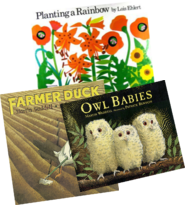 |
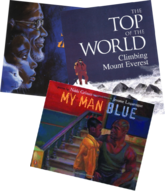 |
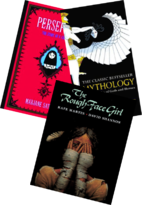 |
|---|---|---|
| Grades K-2 Comprehension Strategies |
Grades 3-6 Comprehension Strategies |
Grades 6-8 Comprehension Strategies |
Mentor Texts to Support Lucy Calkins’ Units of Study
We’ve packaged the children’s literature recommended in The Units of Study writing series by Lucy Calkins and the Columbia University Teachers College Reading and Writing Project so it’s easy for you to order if you’re using this program. The Units of Study writing series from Heinemann are a proven systematic K-5 workshop curriculum with Common Core-aligned learning progressions and responsive, data-based instruction by the foremost authors on writing curricula. This is a writing program we believe in.
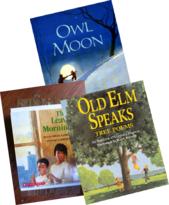 |
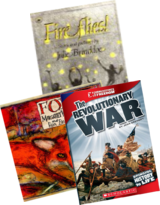 |
|---|---|
| Grades K-2 Mentor Texts Supporting Lucy Calkins’ Units of Study |
Grades 3-4 Mentor Texts Supporting Lucy Calkins’ Units of Study |
Linda Hoyt’s Crafting Nonfiction
We’ve done something similar with the books recommend in Linda Hoyt’s Crafting Nonfiction. We packaged collections of the recommended mentor texts to support each Crafting Nonfiction unit. This professional resource presents targeted mini-lessons that will help elevate craft, integrate standards-based instruction, and demonstrate the writing process as it applies to nonfiction.
Independent and Guided Reading
Whether you are planning for book clubs and guided reading groups or looking for the “just right” books that your students can’t get enough of, we’ve built groupings of popular leveled titles that students actually want to read. We’ve included blockbusters like Maze Runner and Pete the Cat as well as classroom classics like Tale of Despereaux and Chrysanthemum. Each collection has several nonfiction options too!
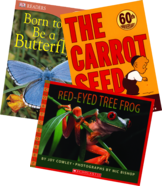 |
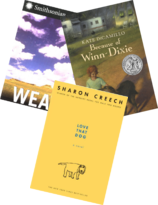 |
|---|---|
| Grades K-2 Independent Reading and Guided Reading 6-Packs | Grades 3-8 Independent Reading and Guided Reading 6-Packs |
Writing Workshop Series
From word choice to genre studies, students can reference these instructional writing series to perfect their skills and enhance their understanding of the writing process. One of my favorites is the Writer’s Toolbox series. These are instruction writing books that read like picture books. The main portion of the book is a single or small selection of genre-specific works. This is a built-in mentor text. Concepts are introduced throughout on sidebars with exercises and writing tips listed in the back. These can be great resources to introduce in mini-lessons to then make available for students to reference later.
Reading and Writing Books for You
The workshop model is most successful when students witness their teacher’s passion for reading and writing. We have gathered texts that will inspire your reading and writing life.
Of course the quest for the perfect mentor text is never over! What literary gold can be found in your classroom? What makes for a strong mentor text? We want to hear from you! Comment below with ideas to share!
Looking for more mentor texts or other titles to support Reading and Writing Workshop? Visit Booksource.com!


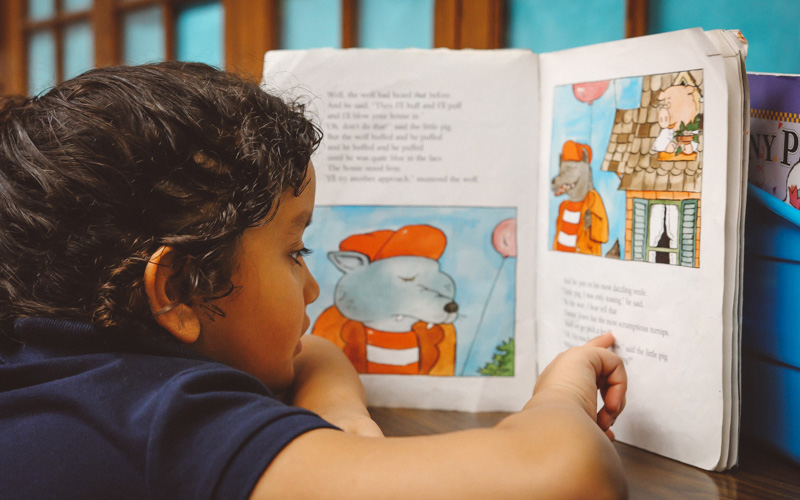
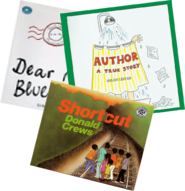
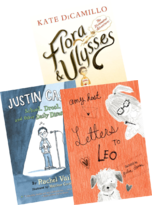
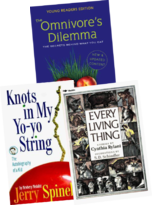
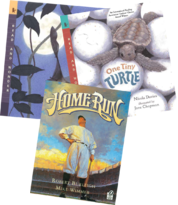
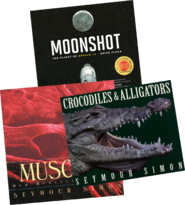
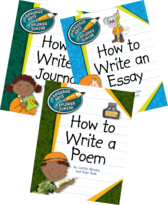
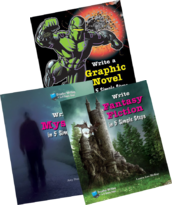
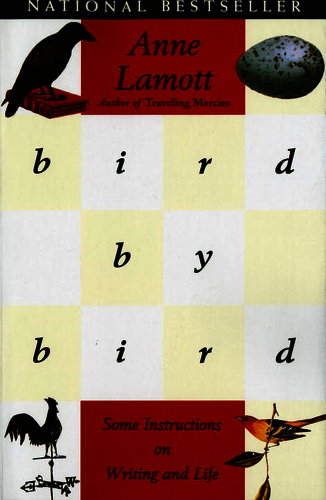
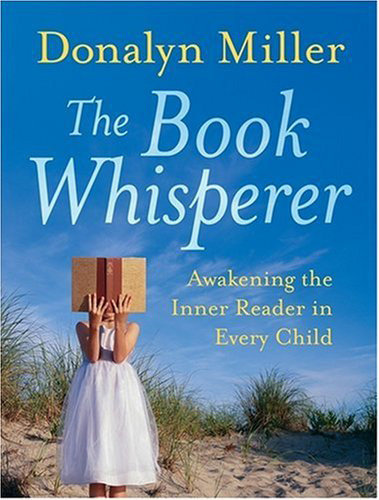
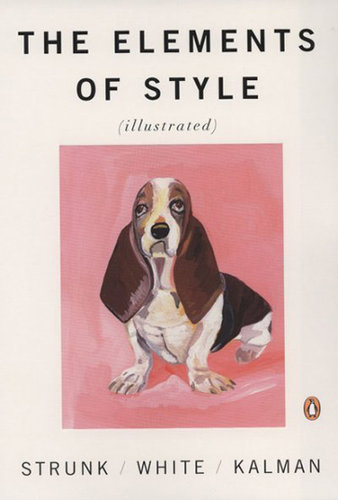
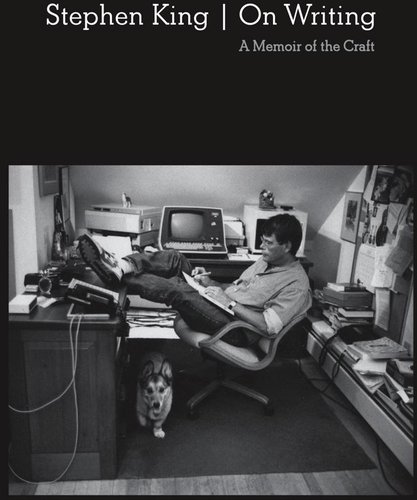
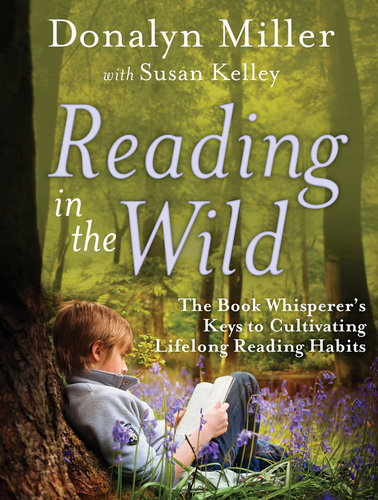
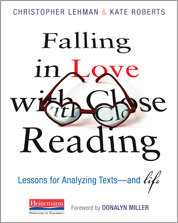
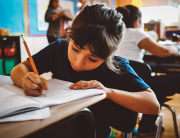
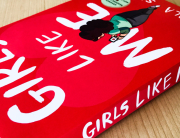
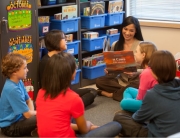
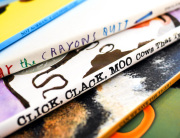
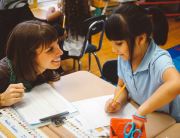
Leave A Comment